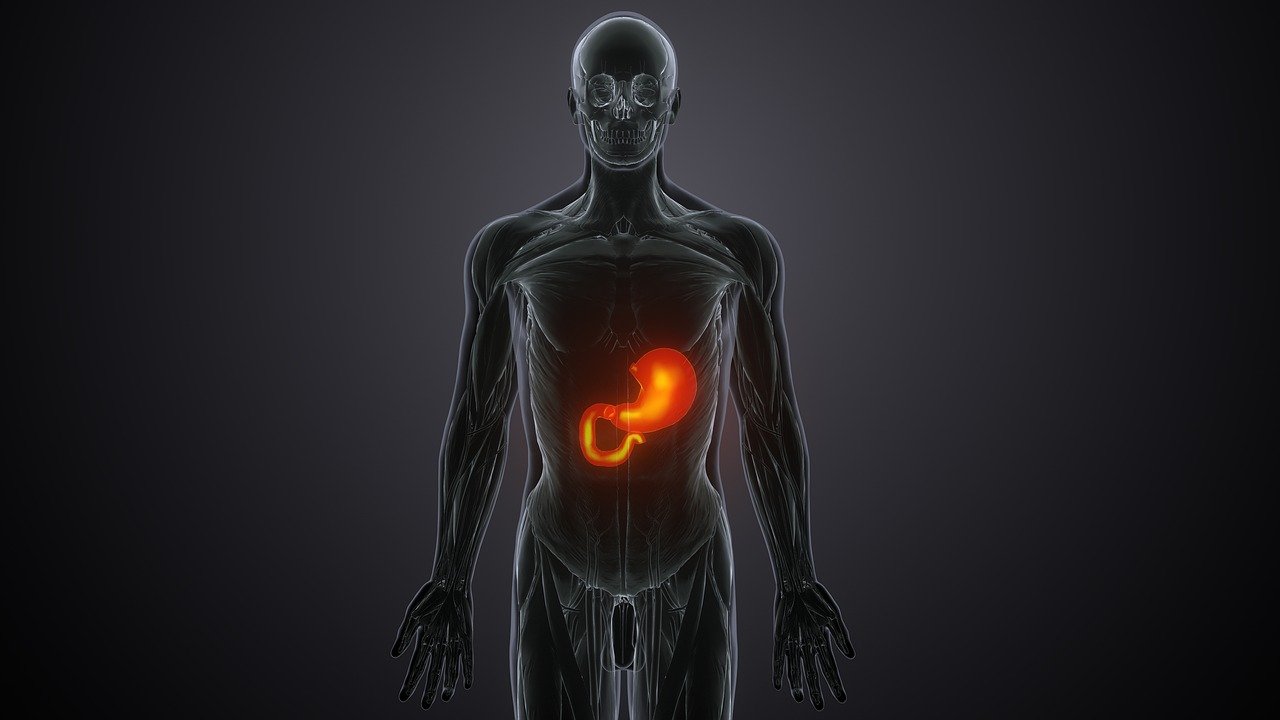When we age, it is common for our bodies to undergo various changes, including changes in weight. This can be a source of concern for many people, as weight loss can happen for a variety of reasons. In this article, we will explore what to expect when it comes to weight loss and aging, and provide some helpful tips and insights to navigate this process with grace and understanding.

This image is property of pixabay.com.
The Science Behind Weight Loss and Aging
As we age, our metabolism tends to slow down, meaning that our bodies burn fewer calories at rest. This can make it more challenging to maintain or lose weight as we get older. Additionally, muscle mass tends to decrease with age, which can further impact our metabolism and ability to burn calories efficiently. Understanding these physiological changes can help us better prepare for and manage weight loss as we age.
How Hormones Impact Weight Loss
Hormones play a significant role in regulating our metabolism and weight. As we age, hormonal changes can affect how our bodies store and burn fat. For example, a decrease in estrogen levels in women during menopause can lead to weight gain, especially around the midsection. Similarly, changes in testosterone levels in men can impact muscle mass and metabolism. By understanding how hormones influence weight loss, we can make informed decisions about our health and wellness.
Common Causes of Weight Loss in Older Adults
There are several factors that can contribute to weight loss in older adults. Some of the most common causes include:
Reduced Muscle Mass
As we age, we naturally lose muscle mass, a process known as sarcopenia. This can result in a slower metabolism and fewer calories burned at rest. Maintaining muscle mass through strength training and regular exercise can help mitigate the effects of sarcopenia and support healthy weight management.
Changes in Appetite
As we get older, our appetite and food preferences can change. Some older adults may experience a decrease in appetite due to various factors such as medication side effects, dental issues, or changes in taste perception. Conversely, others may eat more due to emotional factors or social isolation. Being mindful of changes in appetite can help us make healthier choices and maintain a balanced diet.
Medical Conditions
Certain medical conditions, such as thyroid disorders, gastrointestinal issues, or cancer, can contribute to unintentional weight loss in older adults. It is essential to consult with a healthcare provider if you experience sudden or unexplained weight loss, as it may be a sign of an underlying health concern that needs to be addressed.

This image is property of pixabay.com.
Strategies for Healthy Weight Loss in Aging Adults
While weight loss can be a natural part of the aging process, there are steps we can take to promote healthy weight management and overall well-being. Here are some strategies to consider:
Focus on Nutrient-Dense Foods
Choosing nutrient-dense foods rich in vitamins, minerals, and antioxidants can support healthy aging and weight loss. Incorporating a variety of fruits, vegetables, whole grains, lean proteins, and healthy fats into your diet can provide essential nutrients while keeping you satisfied and energized.
Stay Hydrated
Staying hydrated is crucial for overall health and well-being, especially as we age. Drinking an adequate amount of water can help regulate appetite, support digestion, and maintain proper hydration levels. Opt for water as your primary beverage and limit sugary drinks and alcohol.
Engage in Regular Physical Activity
Physical activity is key to maintaining a healthy weight, improving muscle tone, and boosting metabolism. Aim for a combination of cardiovascular exercise, strength training, and flexibility exercises to support overall fitness and well-being. Consult with a fitness professional to create a tailored exercise plan that suits your needs and abilities.
Prioritize Quality Sleep
Quality sleep is essential for overall health and weight management. Lack of sleep can disrupt hormonal balance, increase cravings for unhealthy foods, and lead to weight gain. Establish a regular sleep schedule, create a relaxing bedtime routine, and create a comfortable sleep environment to promote restful and rejuvenating sleep.
Manage Stress Effectively
Chronic stress can impact our eating habits, metabolism, and overall well-being. Finding healthy ways to manage stress, such as meditation, deep breathing exercises, yoga, or spending time in nature, can help reduce cortisol levels and support healthy weight management. Prioritize self-care activities that promote relaxation and peace of mind.
Seek Professional Guidance
If you are struggling with weight loss or have specific health concerns related to aging, consider seeking guidance from a healthcare provider, registered dietitian, or fitness professional. They can provide personalized recommendations, support, and resources to help you achieve your health and wellness goals effectively.

This image is property of pixabay.com.
Conclusion
Weight loss and aging are natural processes that can present unique challenges and opportunities for growth and self-care. By understanding the science behind weight loss, common causes of weight loss in older adults, and strategies for healthy weight management, we can navigate this journey with confidence and resilience. Remember that weight loss is not just about numbers on a scale but about prioritizing our health, well-being, and quality of life as we age. Embrace the journey, celebrate small victories, and always remember to be kind to yourself along the way. Here’s to a healthier and happier future, where we thrive at every stage of life.

